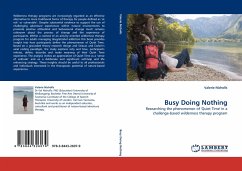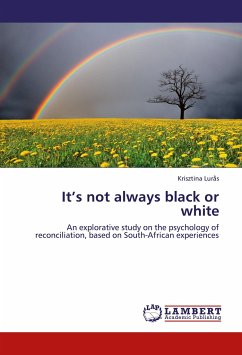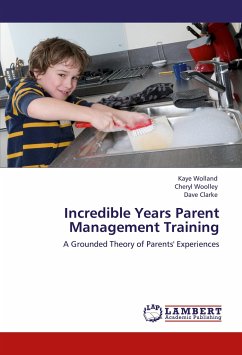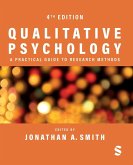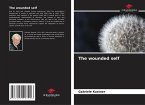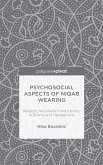Wilderness therapy programs are increasingly regarded as an effective alternative to more traditional forms of therapy for people defined as at risk' or vulnerable'. Despite substantial evidence to support the use of challenging adventure experiences within natural environments to promote positive attitudinal and behavioural change much remains unknown about the process of change and the experience of participants. Within a context of an activity oriented wilderness therapy program for adults managing drug/alcohol addiction this book provides insight into how participants define the phenomenon of Quiet Time. Based on a grounded theory research design and Strauss and Corbin's axial coding paradigm, the study explores why and how, participants initiate, define, describe and make meaning of their Quiet Time experience. The analysis invites an appreciation of Quiet Time as a sense of solitude' and as a deliberate and significant self-help and life enhancing strategy. These insights should be useful to all professionals and individuals interested in the therapeutic potential of nature-based experiences.
Bitte wählen Sie Ihr Anliegen aus.
Rechnungen
Retourenschein anfordern
Bestellstatus
Storno

